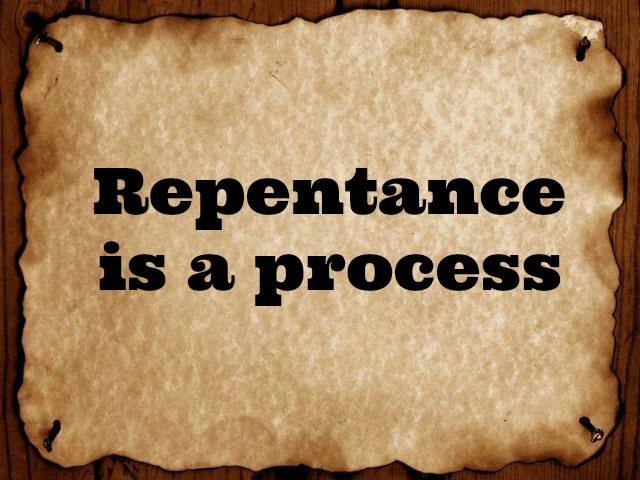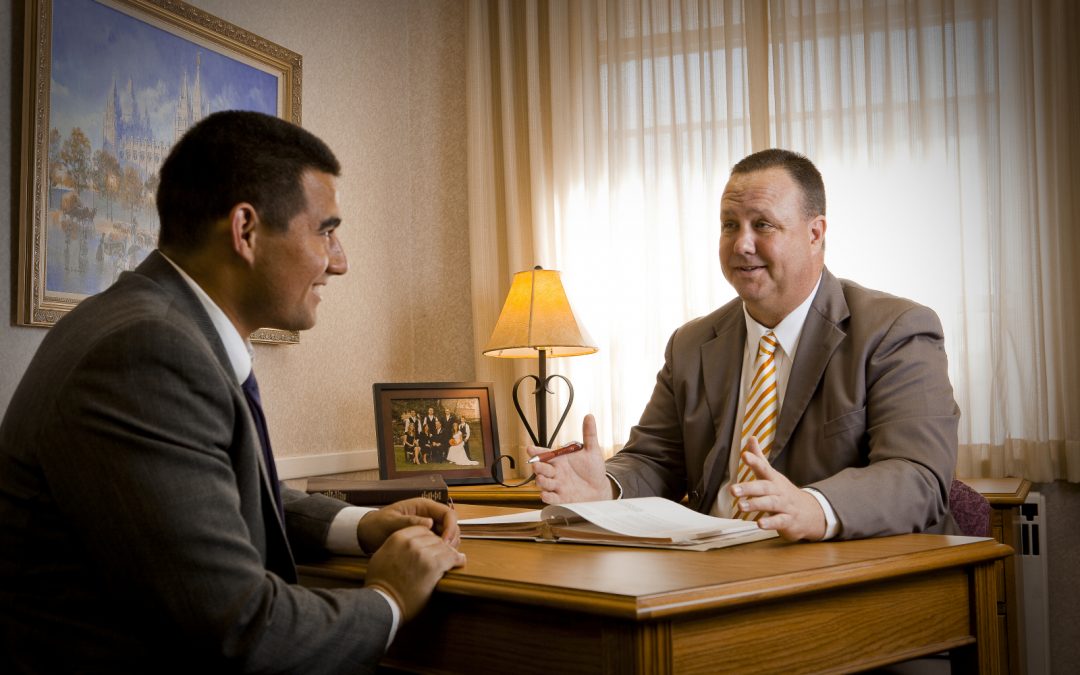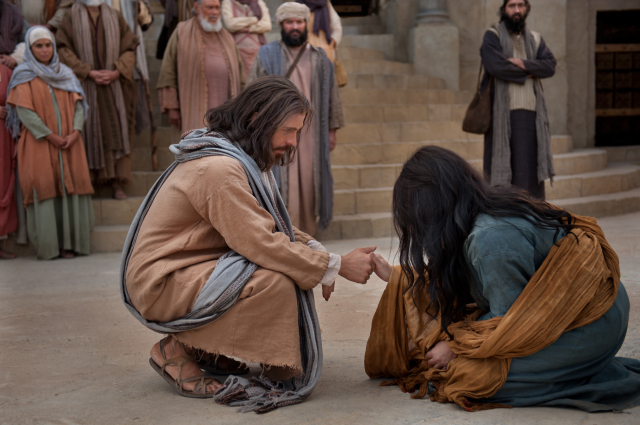


How does one know that repentance is complete?
Question Hi Gramps, I love to read all of your answers! I have a question. After you have gone to the bishop and told him your sins…and prayed for forgiveness. What is next? Of course never do the sin again…feel godly sorry for what you have done…but what if...
What are the sins that should be confessed to a bishop in the Mormon Church?
Question Gramps, Thanks for your website. I am wondering about sins that must be confessed to a bishop. I know that all moral sins dealing with breaking the law of chastity must be confessed, but are their other sins that must be presented to priesthood leaders...
As a single parent who has never married, would I be accepted by the members if I went back to church?
Question Dear Gramps, After being a member of the church for 16 years I had a relationship and was blessed with a daughter. I have not been to church since her birth (4years ago). I miss the church with every day that passes and would really like for my...
Can I really be forgiven for my sins?
True repentence completely absolves the sinner from any culpability before the Lord for the sins committed.

How can I know if I’ve been forgiven?
True repentence brings relief from the suffering and feeling of unworthiness associated with wrong doing.

Is it possible to go through the repentance process without confession?
The process of repentance requires both confession and a forsaking of the sin. Those actions, fully complied with, result in forgiveness of the person by the Lord.

After a failed marriage and making a disaster of my life, what could I do to come back to the Lord?
One of the most difficult problems many people have in returning to the Lord after a period of disobedience in the Mormon Church is putting the past behind them.

What is the difference between forgiveness and reconciliation?
Forgiveness implies a unilateral act on the part of the offended one, and reconciliation implies unification between the offended one and the offender.

Why did David lose his inheritance after sorrowing for his sin of adultery?
Sorrowing for one’s sin does not mean repentance for the sin. David also was responsible for the death of Bathsehaba’s husband, which is in itself a most grevious sin.

